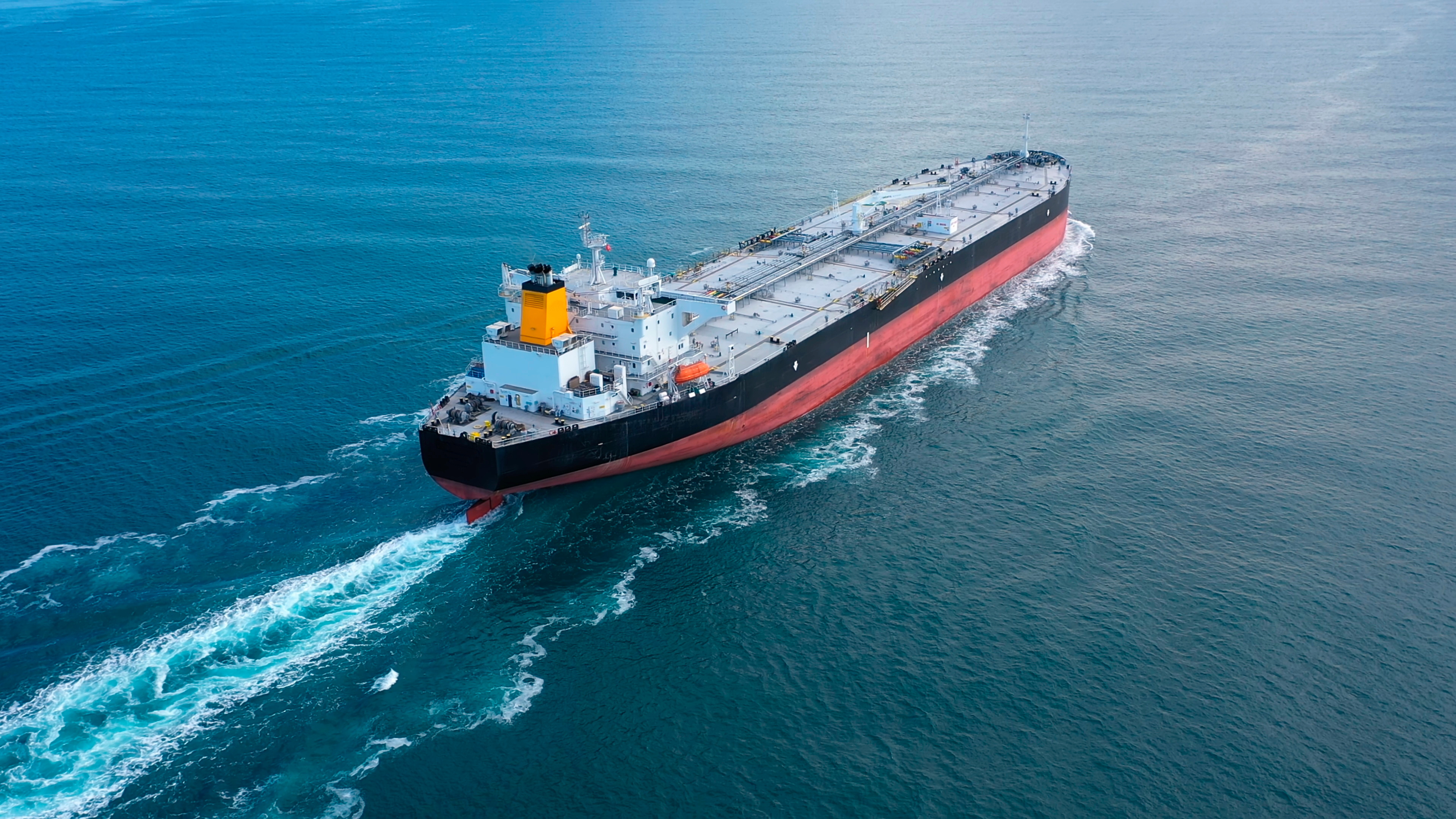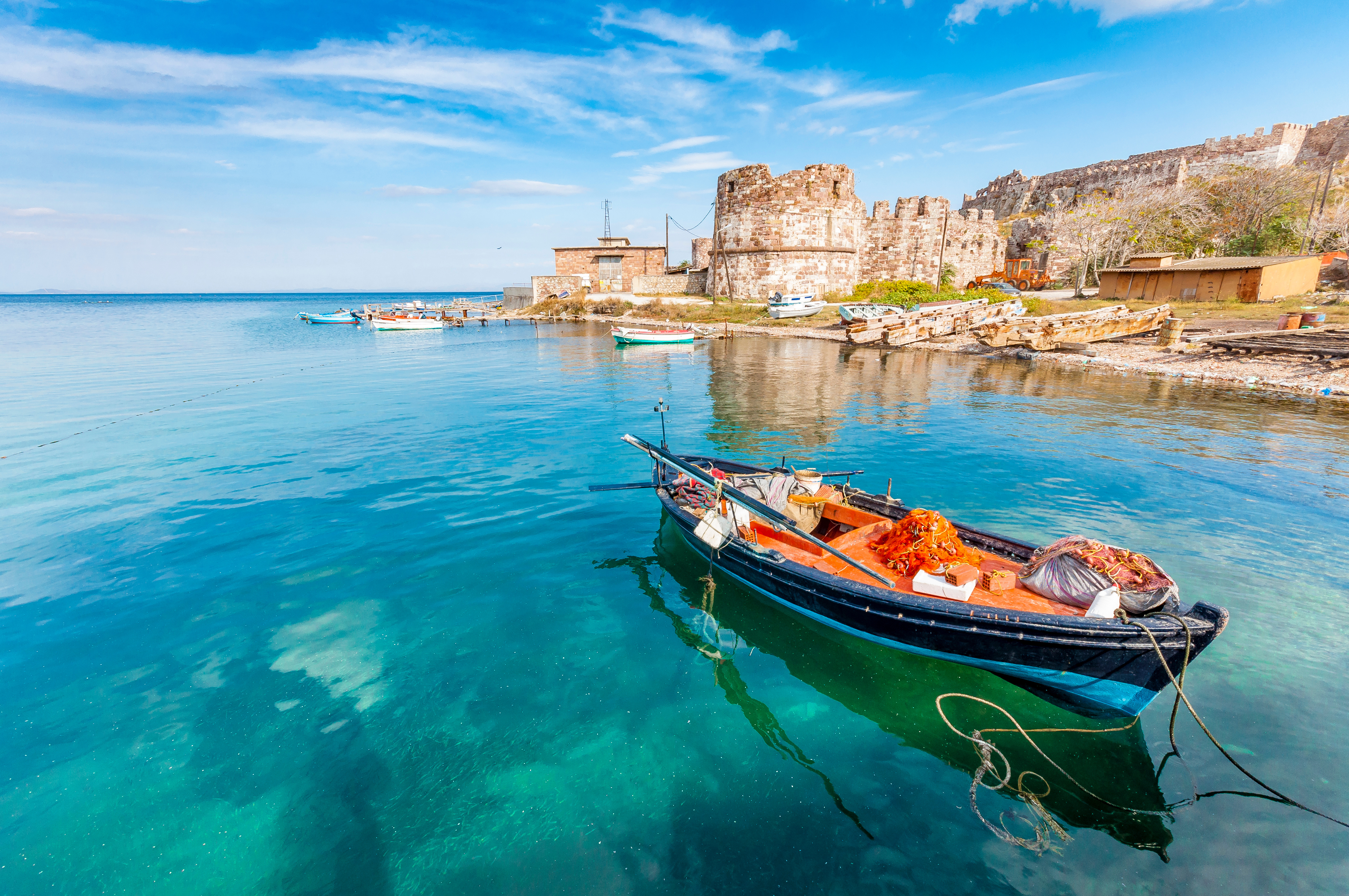医療に伴う本国送還とは、傷病に伴う治療やケアを自国にて受け られるよう、乗組員を本国に送還するプロセスを指します。本国送還を必要とする状況は世界中どこでも発生する可能性があり、乗組員の本国や病状によっては多額の費用が発生することがあります。そのため、本国送還を考慮する際、乗組員の福祉とコスト管理の2つが懸念事項となります。本稿では、傷病に伴う乗組員の本国送還に関する詳細、リスク、考慮すべき事項等について説明しています。
Medical repatriation refers to the process of returning a seafarer to their home country, following an injury or illness, so they can receive medical treatment or care there. A situation requiring medical repatriation can happen anywhere in the world and can be quite costly depending on the home country of the seafarer and their medical condition. As a result, there are two areas of concern when thinking about medical repatriation: the welfare of the crewmember and controlling the costs.
First, the medical condition of the seafarer will determine whether repatriation is even possible. The decision as to whether a crewmember can be repatriated will firstly lie with the treating doctors. The seafarer must be deemed “fit to travel” by the treating doctor. This is entirely a medical decision and many times is dependentusually depends on the illness or injury sustained as well as the type of transport to be used. Depending on the nature of the injury or illness, aAir travel can have certain risks due to changes in air pressure.
Other considerations include: Is the prognosis for short- term or long- term care? Are there appropriate medical facilities in the seafarer’s home country, and how far are they from where the seafarer lives? If the seafarer’s home country does not have the medical facilities capable of handling his/hertheir particular medical issues, is there an interim destination available?
Depending on the seafarer’s medical needs, there are several different methods of medical transport:
- Road
- Commercial Aairline, where the seafarer is seated, in a lie-flat seat or on a stretcher
- Air ambulance
- With a nurse to doctor escort them, or both
- With or without wheelchair assistance
- With or without oxygen/artificial respiration.
There are many parties that become involved in caring for and repatriating a sick or injured seafarer. Theose include:
- Ship’s Master and/or crew
- Crewing department
- Ship’s agent
- P&I Club
- P&I Club’s local correspondent in the country of disembarkation as well as the seafarer’s home country
- Treating hospitals
- Medical case management companies
- Seafarer’s family
- Receiving medical facility in the seafarer’s home country.
Managing the advice, recommendations and concerns of all these difference interests can be a challenging task.
Selecting a medical escort also hinges on a number of important considerations:
- The current location of the seafarer
- The nationality of the seafarer
- The nationality of the escort
- The availability of the escort
- Ensuring the escort is properly insured.
Cost considerations
There is often an economic motivation to repatriate seafarers, particularly when U.S. medical costs are in play. It is widely known that medical costs in the U.S. are some of the most expensive in the world. Medical care in the seafarer’s home country may be significantly less costly, but we always want to be certain that the seafarer is able to receive the same level of care in his home country.
Medical repatriation costs can vary significantly depending upon the needs of the seafarer. Air ambulances are commonly used in the most serious cases, and their costs can differ greatly, depending upon the distance between the port of disembarkation and the seafarer’s home country.
There are many challenges to a successful repatriation. Some of the most common hurdles are:
- Family involvement can complicate the seafarer’s treatment and repatriation process
- The seafarer’s condition can prevents him/herthem from obtaining clearance to travel
- Difficulty in obtaining commercial airline tickets for seats which will accommodate both the seafarer and the escort
- The commercial airline refuses the seafarer prior to arrival or upon arrival at the airport due to his/hertheir medical condition
- The seafarer’s condition deteriorates during repatriation.
As you can see, there are many considerations involved in performing medical repatriations. Some cases can be relatively easy and inexpensive, while others can be quite complicated and costly – it all depends on the seafarer’s injury or illness, and the particular circumstances of each case. Whenever a seafarer may need to be medically repatriated, we recommend that you Our recommendation is to involve the Club and/or the Club correspondents to assist as early as possible.
[SG1]For consistency





